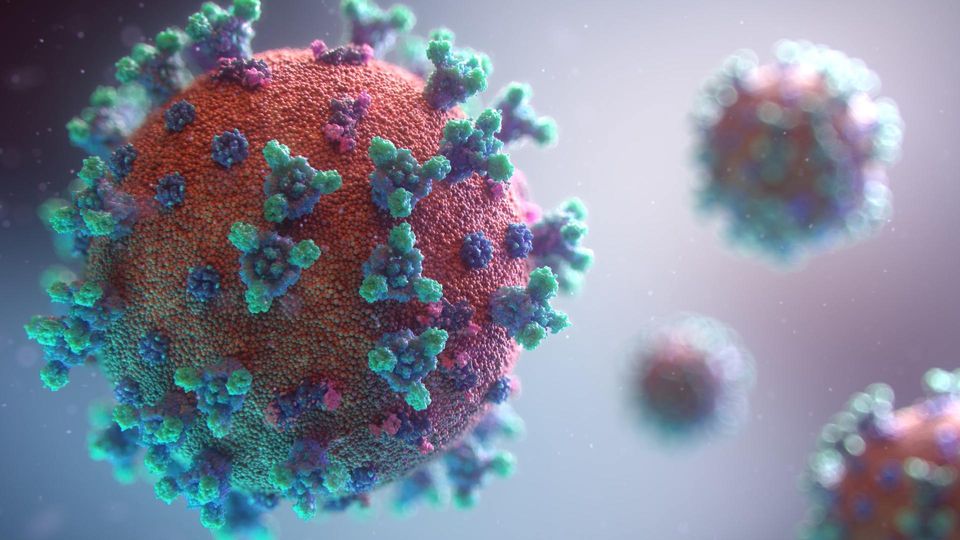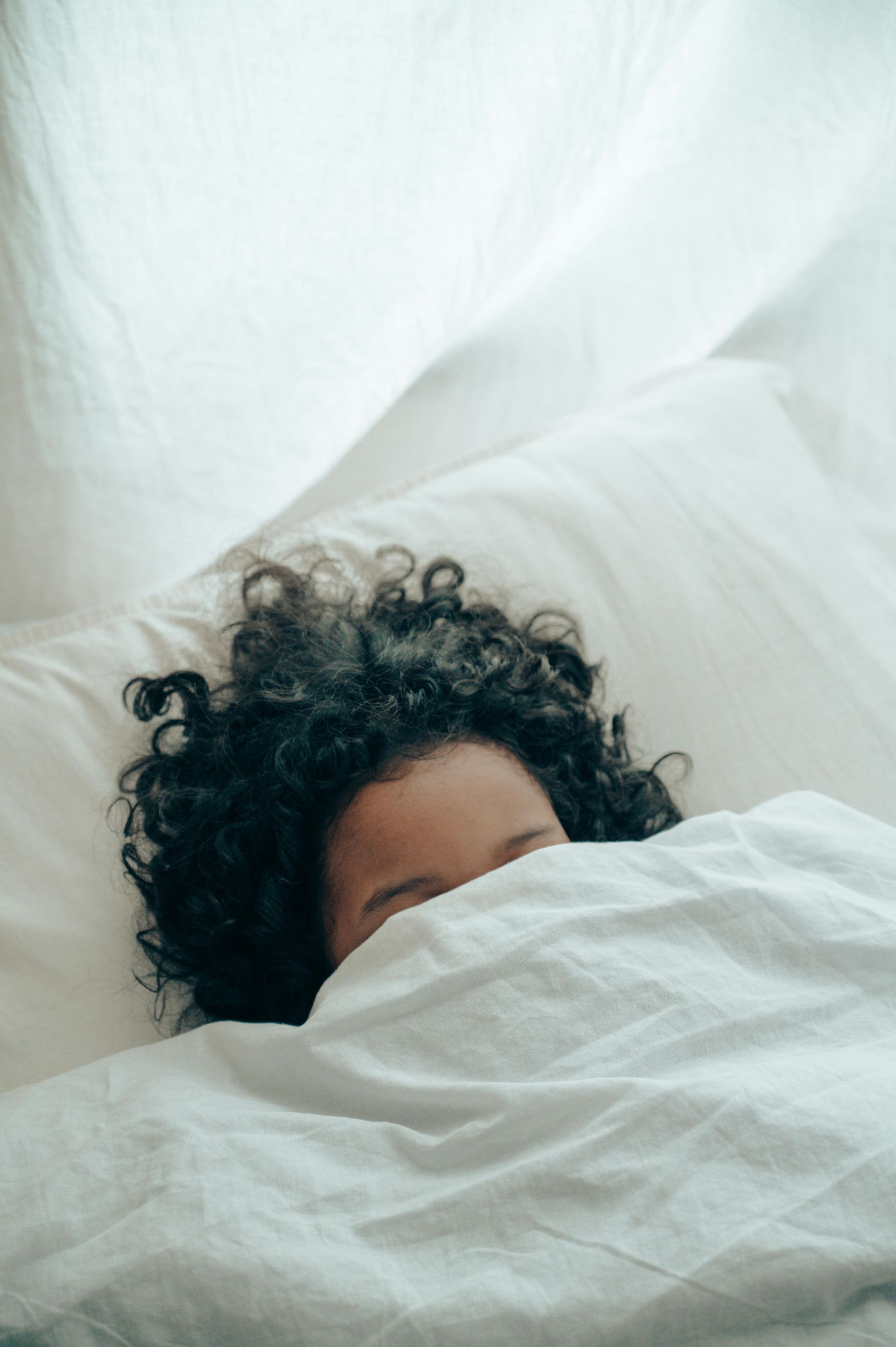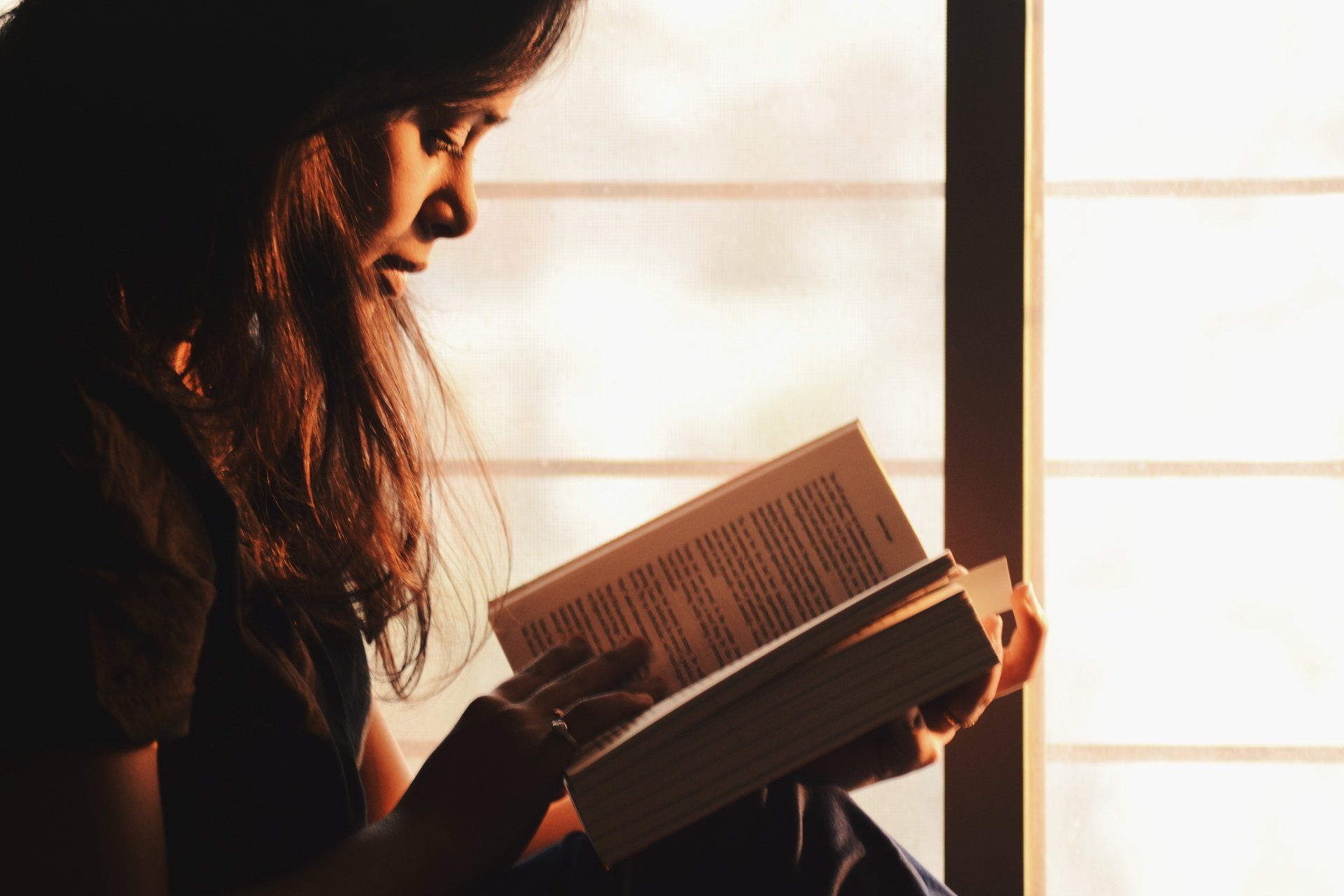Sleep, immunity & vaccination

Countless research studies conducted over the last few decades have proved that there is a very strong relationship between sleep and immunity and that this relationship is bi-directional, meaning that both effect and can be affected by each other.
Sleep feeds and fuels the immune system ensuring that it can act efficiently like an invisible suit of armour against infection. Without it, even for one night, we are stripped bare of protection and vulnerable to attack.
If and when you do fall ill, the immune system recognises that it requires higher than usual levels of fuel and thus stimulates sleep. It is therefore not uncommon that when we are fighting off an infection our body demands more bed rest in order to continue to wage the war against the illness.
In simplistic terms, when your body is infected with an illness, the first thing that needs to happen is that the infection is discovered and recognised by your immune system for what it is. Sleep enables the cells of your immune system to have better recognition and memory so that this first part of the immune response is as efficient and effective as possible.
Once the infection has been recognised, the immune system triggers an inflammatory response to contain the infective cells.
Interesting Point:
This inflammatory response is what often causes heat during an infection, whether that be localised, as with a skin infection, or generally across the whole body, as with the flu.
Once the infective cells have been recognised and contained, immune cells that are specifically known to be able to destroy them are produced and deployed. These cells are collectively called antibodies.
We have a wide variety of different types of antibodies that fight off infection. One group of these is produced in the thymus gland and are called T cells. One way that doctors can determine whether or not your body is trying to fight an infection is to count the number of these cells in your bloodstream (your T cell count). The higher your T cell count, the more likely it is that you have an infection and that your immune system is aware of it and responding to it.
However, if you have not slept well or for long enough it can have a significant impact on this immune response. The quantity of T cells found in the bloodstream is significantly reduced in those who have been deprived of good quality sleep (i.e. less than 7 hours). Poor quality or reduced quantity of sleep also reduces the ability of the T cells present to recognise and fight off infections.
The implications of this effect were demonstrated well by a study in which two groups were deliberately given the virus responsible for the common cold. In the group who slept on average only five hours a night, 50% of them contracted the cold and suffered the usual symptoms. However, in the group who averaged seven or more hours sleep, the infection rate and display of symptoms was as low as 18% (Prather).
The second aspect of immunity that sleep has a real effect on is vaccination. Given the current state of the world (this blog post was written during the second national COVID lockdown), I hope you are all well informed as to how vaccines work, but for anyone who has missed the recent media coverage of the topic, here is a brief, simplistic explanation.
Vaccines work by invoking the same immune response described above. A small number of the infectious cells (or the cellular coding to produce them) is injected into your bloodstream but not in large enough quantities to make you sick. This means that your immune system can come into contact with the disease, identify it and begin to produce anti-bodies to defend yourself against it. Then, in the future, if you are unlucky enough to come across the infection again, your immune system is already primed and ready to fight it off.
For a vaccination to be effective, all of the same circumstances that induce a good immune response in everyday life must also be in place both before and after the vaccine has been given. Therefore, lack of sleep can impact both good residual immunity and the protection offered by a vaccine.
Due to the fact that sleep boosts the memory and recognising function of immune cells, they are more likely to remember what they are looking for in the infected cells and therefore develop a quicker more effective response if the recipient has had adequate good quality sleep.
It is therefore recommended to get at least two full night’s sleep both before and after vaccination for the effects to be highest. The current figures being given in the news regarding the effectiveness of vaccines against COVID-19 are the best case scenario in a controlled laboratory environment. They do not take into account variables in individuals such as how well they have slept or how stressed they are either pre or post vaccine.
In 2002 a study was carried out into the effectiveness of the flu vaccine and how sleep impacted on it. In this study, those without adequate sleep generated less than 50% of the immune response of those who slept well. Unfortunately this significant difference was maintained for as much as a whole year (by which time they would need another flu shot anyway) even if their sleep improved after the vaccination. This shows that the crucial factor is how well you are sleeping just before and just after your vaccination, not in general.
The study concluded that negative health factors (including reduced quantity or quality of sleep) at the time of vaccination prevented sufficient antibody production, reduced the length of time the vaccine protected for and increased the severity or prolonged the existence of the vaccine’s negative side effects.
“No matter what immunological circumstance you find yourself in - be it preparation for receiving a vaccine to help boost immunity or mobilising a mighty adaptive immune response to defeat a viral attack - sleep, and a full night of it, is inviolable.” (Walker, Wy We Sleep, 2017)
I hope that this blog post has helped you to understand the link between how well we sleep and how effective our immune system is in fighting off infection. As we are still in the midst of a global pandemic, this information is currently invaluable. Hopefully we will all have access in the near future to a vaccine but it is important that we support the effectiveness of that vaccine by ensuring that we sleep well both before and after the jab.
If you are struggling with your sleep and would like help and advice on how to improve it, please contact me now for more information on my sleep coaching programme.
There are a number of other ways that we can support our immune system, including:
- Not smoking
- Eating a healthy, well-balanced diet
- Exercise (especially outdoors)
- Maintain a healthy weight
- Drinking alcohol only moderately
- Minimising stress
We can also use the power of our minds to influence immunity via meditation, mindfulness or hypnosis. With this in mind, back in April 2020, I developed a hypnosis track specifically designed to boost not only your immunity but also the quality of your sleep. If you would like to download a copy of this track for free, contact me by clicking on the button below...


